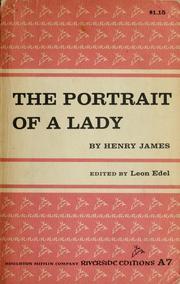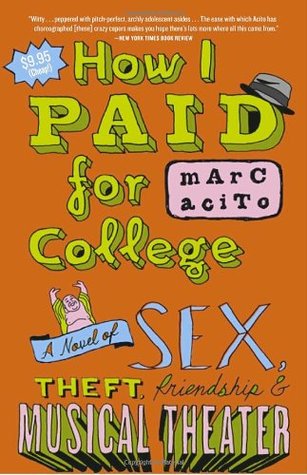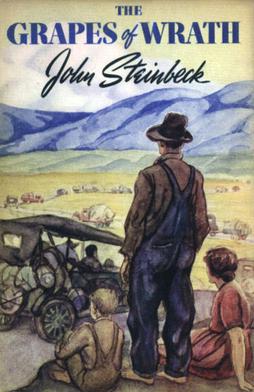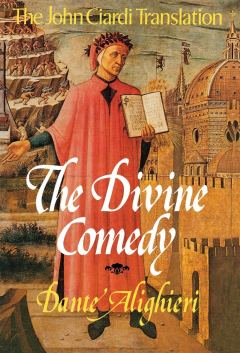I asked my mother when I was about 11 years old if I could read Beloved. Her response to me was that I wouldn’t like it. This confused me because my mother made sure that along with my Tolkien and Rowling and Pratchett I read Baldwin and Ellison and Walker. If my mother told me to stay away from such a revered book by a revered,

Photo Credit: Literary Hub
black, female author, it must not be all that good. So for years, I had read other Morrison works but I never touched upon the one that many consider to be her magnum opus. 15 years later I picked this book that has been the first book on the second shelf of one of our several bookshelves. I read it in 4 days. And I loved it.
I can see why my mother would say that an 11-year-old would not like the story. I would not have understood it, not on the level that Morrison intended her readers to understand, and I would have disliked the book more because of my inability to understand, my inability to relate to the horror or at least sympathize with it, rather than me not liking it in general.
After finishing the novel I sat on my bed for about 30 minutes just digesting what just happened. I had so many questions and it was interesting that I found myself coming up with answers. Maybe not the answers to the questions I asked but my mind is usually a jumbled mess when I a piece of literature affects me so.
From my cursory glances into essays about the novel (I no longer have access to the lovely research databases my old college offers because my login is invalid and its a whole process to get it up and going again), I am so scattered on what I would like to focus on. I have done a lot of work and research on African American protest novels, for which there is an argument that this could be considered one. Looking through that lens, I am intrigued by Sethe and both of her reactions to when white men come to her home 18 years apart.
There are spoilers if you have not read this novel.
The first time a white man came to enter her home, Sethe ran with her children to the shed and attempted to kill her children, only succeeding with 1 (Beloved) while harming another (Denver).
The second time a white man came to enter her home, Sethe ran to attack the man and was prevented by her daughter, Denver, and another woman.
The first instance was the beginning of the haunting of 124, and the second was the end, so it is clear that the actions made the second time was what caused a resolution. But why? Sethe was not in a place to take aggressive action against anyone when she was 19, with 2 boys, an infant, and a newborn. She had just the barest lick of freedom and no sense of where she stood in the world. Fighting the other was not a part of her mentality, nor was it part of many slave’s mentalities. There are historical records of parents choosing to kill their children rather than have them live a life of slavery. To give them a loving death instead of a hateful one. That also, in a twisted way, granted the parent freedom of choice; something that is rare for the oppressed. If Sethe were to fight the first time around, she had no idea what she was fighting for.
Not only that but during the first instance, the community that Sethe had come to were harboring some ill will towards her and Baby Suggs for flaunting their excess. Stamp Paid hypothesizes perhaps that ill will was why no one notified them that strangers were coming. So Sethe was operating without the support of her community.
The second instance Sethe knew what her freedom was. She had known independence and had gained strength from it, even if it was a bit toxic in her seclusion. She now knew what she could lose if her thoughts played out, and the white man coming to her home was there to take her children away. She could now fight for what she had rather than an idea of what things could be.
This time, Sethe had the support of her community thanks to her daughter Denver, the one she began to neglect in favor of Beloved.
With this, it could be said that the novel would have been a lot shorter if Morrison had allowed Sethe to fight the first time around. In my opinion, she wouldn’t have been successful since Schoolteacher came with 2 other men and she had the disdain of her community.
In a wonderful way Morrison was able to convey a message and strategy that speaks to groups of the oppressed: band together and fight back. But she also implies that one is more willing to fight when they have an idea of what they lost. So how can a constantly subjugated group rise?
Enter the Bodwins. A white brother and sister duo who give Baby Suggs a home and help her, Sethe and Denver find employment. Two of the majority, of the privileged, using their privilege to help others. I consider them to be a foil to the masters of Sweet Home. That could also be another entry and another paper, but I want to squeeze this in: there is a stark difference between people who actively work to better a community by supporting them, and people who claim to support while staying firmly in the role of oppressor.
Anyway, so while Morrison draws racial lines firmly in the sand, she also expresses that one community cannot begin to thrive independently without the help of another.
I think I am going to stop here before I lose my train of thought entirely and begin to do more research than I wanted to in the first place. Back when I was still a student, these ramblings always served as the basis for a major paper. I enjoy them and it gives me an outlet that I haven’t had since school.
If you have any other thoughts on Beloved please share!





 Steinbeck’s plots and themes; it’s just that his delivery sometimes makes my eyes glaze over a bit. I find myself not rereading the same pages over and over again when it comes to him, but instead, I realize that my eyes skimmed about 13 pages about the color of the leaves on the trees of Montana and suddenly we are in San Fransico.
Steinbeck’s plots and themes; it’s just that his delivery sometimes makes my eyes glaze over a bit. I find myself not rereading the same pages over and over again when it comes to him, but instead, I realize that my eyes skimmed about 13 pages about the color of the leaves on the trees of Montana and suddenly we are in San Fransico. looking forward to reading it in class because even though school sometimes could be a pain, my understanding of the literature was better in class than if I were to read it alone. So fast forward to my sophomore year in highschool when our professor says, “Guess what epic poem we are going to read?”. In my head I screamed THE DIVINE CO- “Paradise Lost!” was her answer.
looking forward to reading it in class because even though school sometimes could be a pain, my understanding of the literature was better in class than if I were to read it alone. So fast forward to my sophomore year in highschool when our professor says, “Guess what epic poem we are going to read?”. In my head I screamed THE DIVINE CO- “Paradise Lost!” was her answer. that final page. My very first impression was “Ah, published Harry Potter Fanfiction”. And I have to apologize to Rowell and any fans for that first impression because that is absolutely NOT what this book is. Yes, there are a remarkable amount of similar elements to the HP Universe, but the same can be said of the similarities between Harry Potter and Lord of the Rings.
that final page. My very first impression was “Ah, published Harry Potter Fanfiction”. And I have to apologize to Rowell and any fans for that first impression because that is absolutely NOT what this book is. Yes, there are a remarkable amount of similar elements to the HP Universe, but the same can be said of the similarities between Harry Potter and Lord of the Rings. days when I was in grade school, and I diligently worked away at reading The Sorcerer’s Stone or Chamber of Secrets while everyone else read Captain Underpants (a series I still mean to get to eventually). It seems almost everyone has a stake in the Harry Potter franchise for different reasons. That being said, my review has three perspectives: that of a Harry Potter fan, that of a literary critic, and that of a theatre professional.
days when I was in grade school, and I diligently worked away at reading The Sorcerer’s Stone or Chamber of Secrets while everyone else read Captain Underpants (a series I still mean to get to eventually). It seems almost everyone has a stake in the Harry Potter franchise for different reasons. That being said, my review has three perspectives: that of a Harry Potter fan, that of a literary critic, and that of a theatre professional.